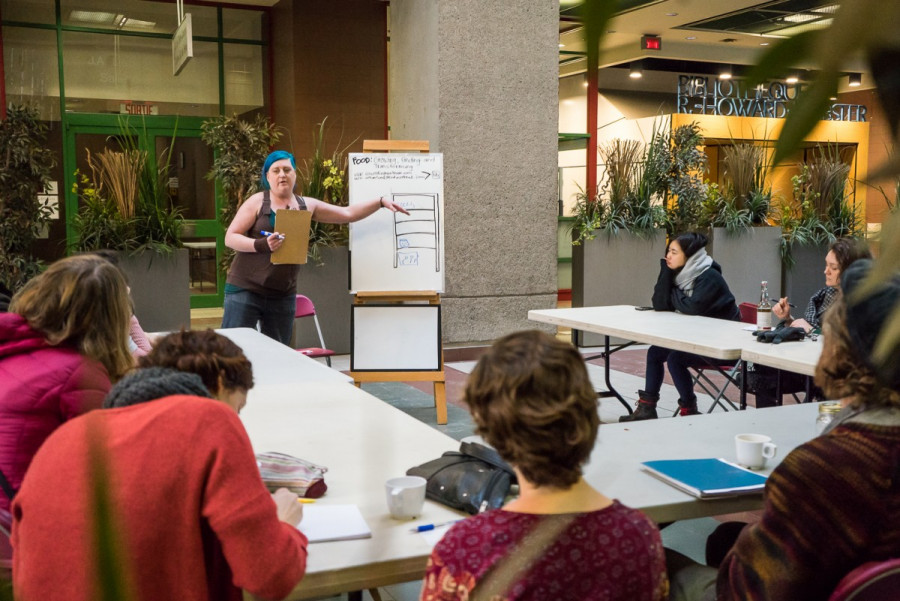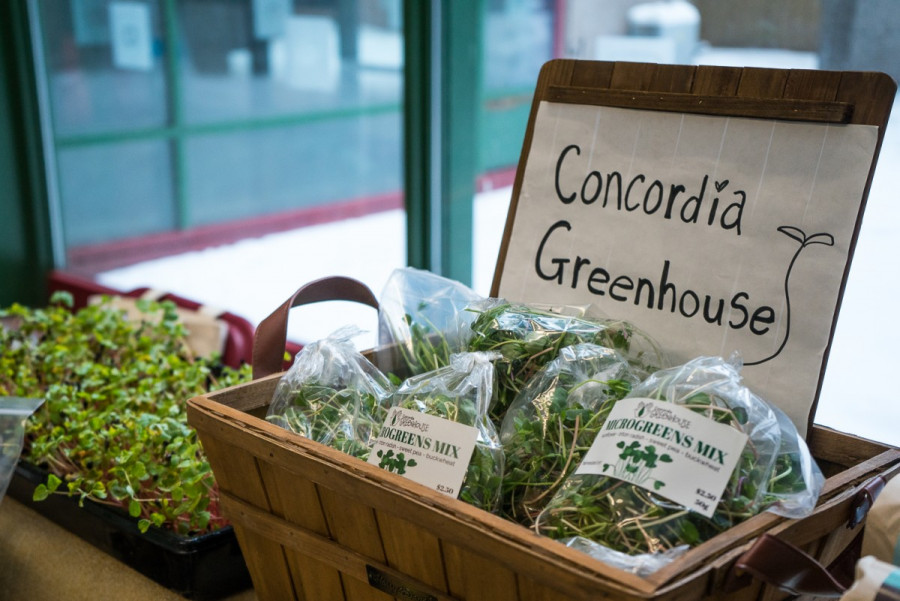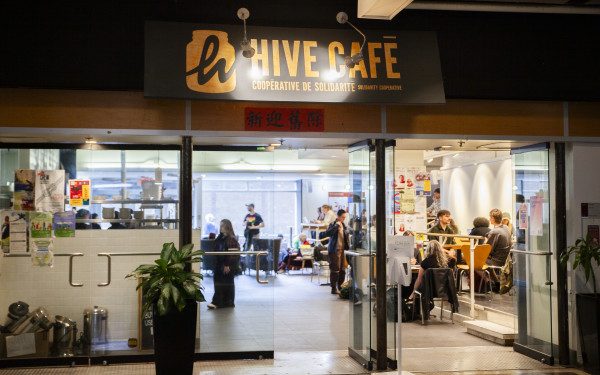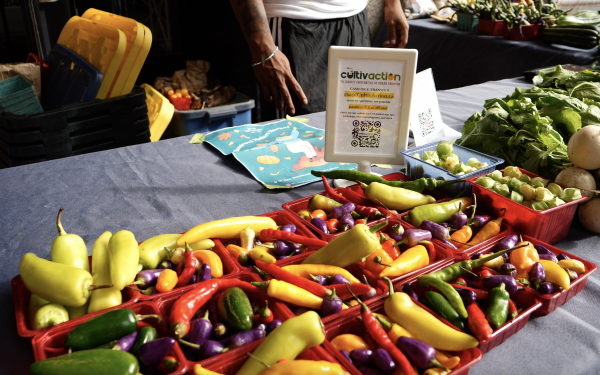Transitions 2018 Presents Ways To Improve Our Food Systems
Teaches Students About Food, Activism, and Social Justice
There’s a large group of people at Concordia that care enough about your food that they spent their whole weekend talking about it.
From Friday to Sunday, the Concordia Food Coalition hosted their annual Transitions conference to talk about ways to make the food on campus more secure and sustainable for all students.
“We want people to learn. We want people to be empowered about their food and their lives,” said Sebastián Di Poi, the internal coordinator of the CFC. “We’re trying to let everyone know that you have a role to play, and as a student you have a lot of power.”
The Transitions conference consisted of three days of cooking, learning, and engaging about how to make the local food system more “socially, environmentally, and economically just.”
In its fifth year, the organizers did not want to just put out the same workshops, so they invited experts to discuss how food intersects with art because, as Di Poi explained,“the food system affects everyone.”
Art-themed presentations included workshops that focused on creative ways to reduce food waste, a panel on “Food, Art and Activism,” and the conference’s first food film festival.
Topics like traditional hunting, beer making, herbalism, and social justice were part of the weekend too. In the Food and Social Justice workshop, everyone participated in the conversation about identifying problems within current food systems, such as; food waste, inefficient water use, and soil degradation, among others, the symptoms of these issues, and of course, brainstorming solutions.
Food and Social Justice
The Food and Social Justice workshop was co-hosted by Concordia student Maya Provencal, who is on the board of the CFC and the outreach and engagement coordinator for The Dish Project. Her co-host was Mia Papp, who started her connection with Concordia by volunteering with The Dish Project.
“Food is such a big issue that’s literally not discussed anywhere. It’s not on any political agenda, but it’s the biggest contributor to climate change in the world,” said Papp. “I just thought this would be a really cool place to learn and meet other like-minded people and to see solutions that I can incorporate into my life.”
Brainstorming solutions continued into the world café-style discussion co-facilitated by Concordia’s part-time instructor Erik Chevrier, who researches student-run food groups at Concordia. Participants focused on identifying the next steps for the Concordia food movement.
Di Poi said he feels rejuvenated by events like Transitions and Bite Me Food Week—another CFC conference in September—because he feels like they are building upon the workshops done at the CFC conference.
The ideal goal of the CFC is to have a student-run food system or a food system run by the university itself instead of hiring an outside company like Aramark Québec. Di Poi realizes that a completely student-run food system might be difficult, but he is striving for students to play a large role in deciding what kind of food is served.
“That’s at least a baseline—we want [students] to have more say in the food that they’re receiving, and to have a better connection with the people who are providing the food,” said Di Poi.
The CFC has been a fee-levy organization since 2014, which is now $0.16 per credit for Concordia undergraduate students. Beyond the annual Transitions conference, the CFC hosts workshops, cooking classes, and operates fresh markets throughout the school year. Working groups that are part of the CFC include the Concordia Farm Project, Food Preservation Project, and Campus Potager.
If you want to know why you should get informed and involved, the CFC has an answer.
“Because you eat,” said Di Poi. “That’s what we really want to impart on people, that just by eating food around here, you are part of the system and you need to be conscious of what you’re eating.”
The original article stated that the Concordia Food Coalition received a fee levy of $0.08 per credit. That was not the case and the updated article reflects that. The Link regrets the error.




_600_832_s.png)




